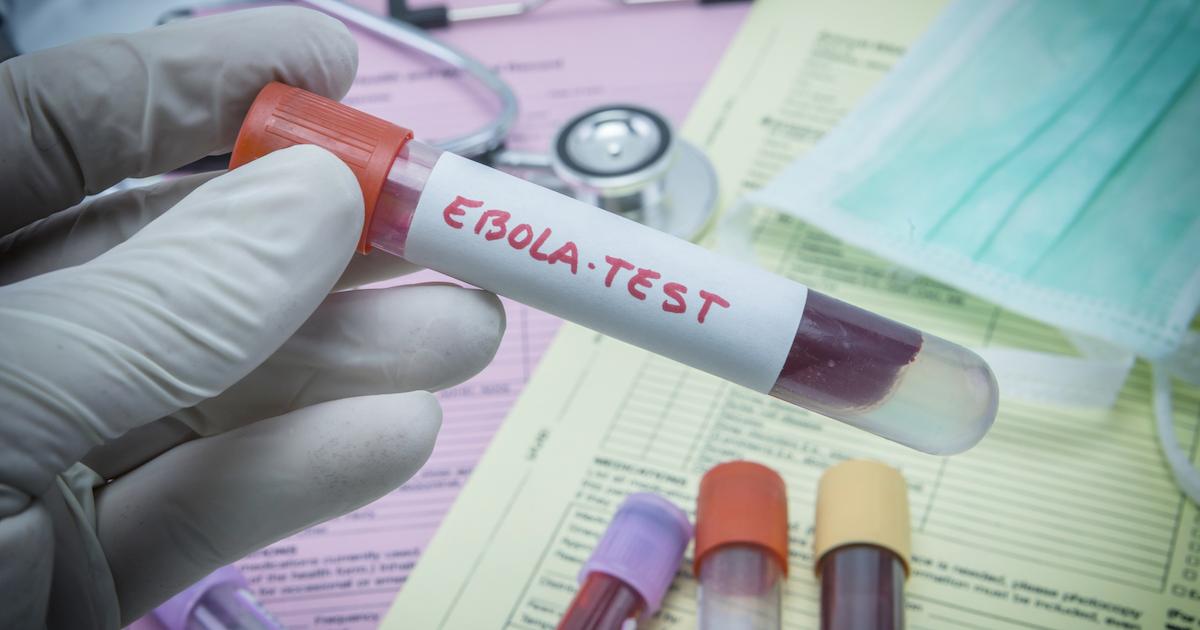What Causes Coffee Ground Vomitus?
Coffee ground vomitus is vomit that appears to have black or brown grounds in it due to the presence of old blood in the gastrointestinal tract. There are several conditions that can cause bleeding of the esophagus, stomach, and upper parts of the small intestine. Typically, vomiting blood is a serious medical problem that requires emergency medical attention. It can be difficult to identify a cause for coffee ground vomitus because there are numerous conditions it could be an indication of. Treatment can only be recommended once the underlying cause of the coffee ground vomitus is diagnosed. The recovery time of an individual who is experiencing coffee ground vomitus is determined by the severity of the condition causing it. Get to know some of the major causes of coffee ground vomitus now.
Gastritis

Gastritis is the official medical term used to describe stomach lining inflammation or damage that shows up on a biopsy taken during an upper endoscopic procedure. The stomach lining is inflamed or damaged as a result of digestive juices permeating through an injury or weakness in the protective mucus barrier lining of the stomach walls. There are a number of causes for this to happen. The bacteria that causes most stomach ulcers are also commonly responsible for causing it. Taking pain relievers such as ibuprofen or naproxen can result in the depletion of an important substance that assists with the preservation of the stomach lining. This inflammation can also occur when the stomach lining is eroded as a result of excessive alcohol use. In moderate cases of this condition, coffee ground vomitus is a common occurrence due to the thinning of the stomachs lining and its susceptibility to friction and irritations from certain foods or acidic beverages. In addition, the muscle contractions and the influx of acid that enters back into the stomach from the duodenum when vomiting will also result in coffee ground vomitus.
Keep reading to reveal more causes of coffee ground vomitus now.
Ebola Virus Infection

Ebola infections are caused by any one of the four strains of the virus that can make individuals become ill. The virus invades and destroys the immune system which results in excessive bleeding internally. Ebola virus infections will kill ninety percent of individuals that become infected with it. This virus affects the liver, where blood clotting proteins are synthesized. These proteins go into a hyperactive state where they form clots around the body until there are no clotting proteins left, and the liver cannot make any more. Additionally, dysfunction of the platelets the immune system is responsible for maintaining and utilizing are also a cause for the excessive bleeding throughout the body. Without properly functioning platelets and no clotting proteins, the blood is unable to clot. The widespread inflammation the virus induces will erode at the lining of the blood vessels, causing them to leak, and bleed excessively since the body has no way to clot it. The lining of the stomach and the intestines will leak and bleed, and coffee ground vomitus will be the result.
Learn more about what can cause coffee ground vomitus now.
